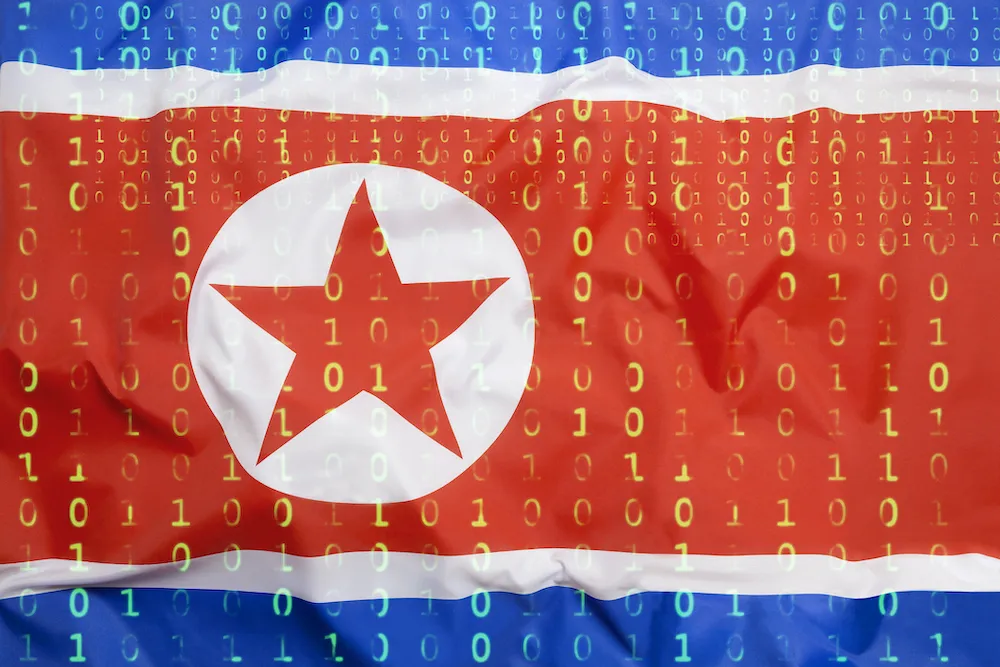North Korea's Hiddencobra Uses Linux Malware to Target Banks

New Threats in Banking Technology
The increasing sophistication of North Korean hackers signifies a grave risk in the banking sector. Recently, the notorious Hiddencobra group has turned its sights on Linux, exploiting a malware called FASTCash. Originally designed for AIX and Windows systems, FASTCash has evolved, now capable of attacking Linux-based payment switches, thereby broadening its reach and effectiveness.
Development and Spread of FASTCash
Initially, FASTCash was discovered targeting AIX systems used in retail payment networks. With updates in 2020, the malware started compromising Windows systems. Most alarmingly, recent findings show that it can now also infiltrate Linux systems, raising significant concerns for banks and payment processors.
- Payment infrastructures at risk due to the newfound versatility of FASTCash.
- Linux versions have emerged, including samples compiled for Ubuntu Linux 20.04.
- Compromised systems may manipulate transaction messages, causing financial chaos.
Current Detection Challenges
As of the latest updates, the detection of FASTCash has been inadequate, with only a handful of anti-malware engines identifying the threat. This raises urgency for heightened vigilance within the financial sector.
This article was prepared using information from open sources in accordance with the principles of Ethical Policy. The editorial team is not responsible for absolute accuracy, as it relies on data from the sources referenced.